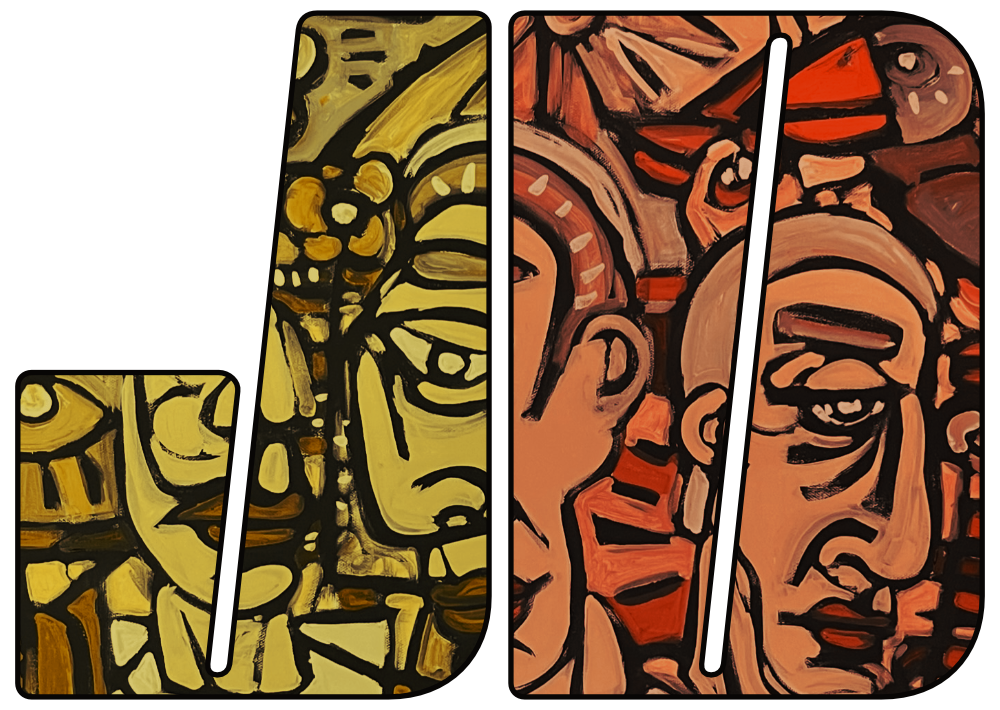The perception of whether someone is using poetry for “foolish reasons” can be subjective and dependent on individual perspectives. However, there are a few common reasons people might use poetry in ways that some might consider foolish:
Superficiality: Some individuals may use poetry without a genuine understanding or appreciation for the art form. They might use it for its aesthetic appeal or to appear cultured without engaging with the deeper meaning or emotions that poetry often conveys.
Manipulation: Poetry has the power to evoke strong emotions, and some people might use it to manipulate others, either for personal gain or to create a false impression. This could be seen as insincere or foolish if the intentions behind the poetry are not genuine.
Attention-seeking: Individuals might use poetry as a means of garnering attention or validation from others. If the motivation is solely for external validation rather than a sincere expression of thoughts and feelings, it could be perceived as a foolish use of the art form.
Lack of Understanding: Using poetry without a true understanding of its conventions, structure, or the cultural and historical contexts of specific forms can lead to compositions that seem insincere or misguided. People may use poetry without grasping its nuances, resulting in work that appears foolish to those familiar with the art.
Copying or Plagiarism: Some individuals might use poetry to impress others by presenting work that is not their own. This can be considered foolish if they are eventually exposed, as authenticity is highly valued in artistic expression.
It’s important to note that these reasons don’t apply to everyone who engages with poetry, and many individuals use poetry for genuine, meaningful expression. Poetry, like any art form, is subjective, and people’s motivations for using it can vary widely.
2023-11-30
